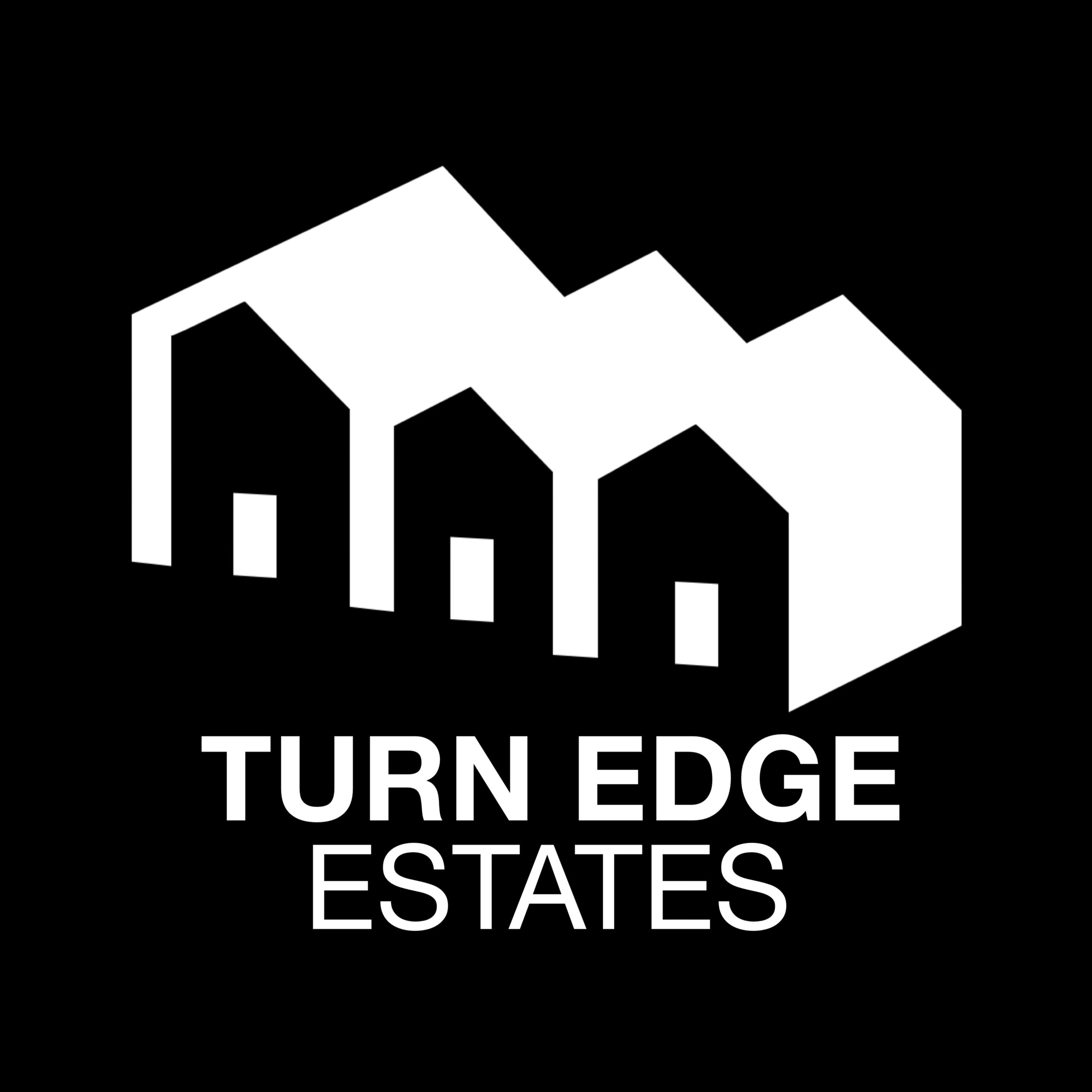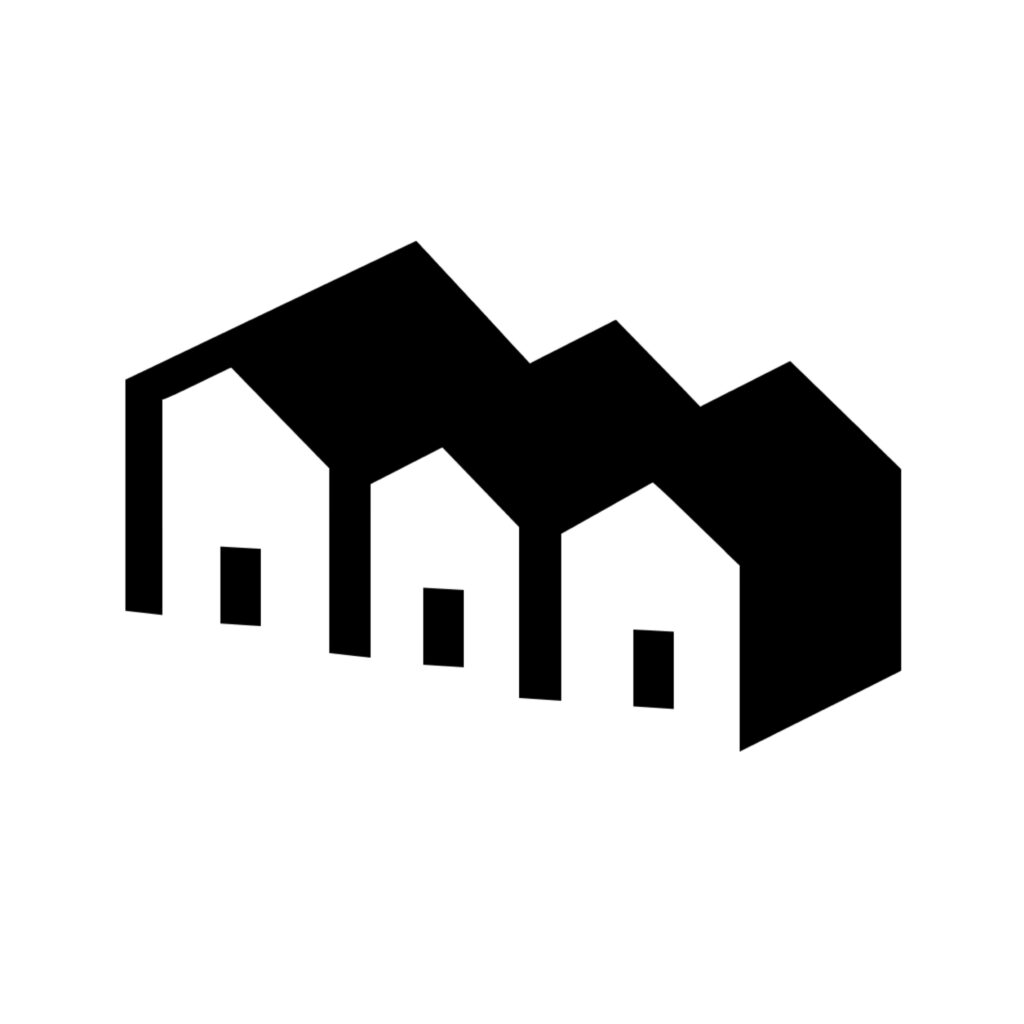When it comes to real estate investing, both residential and commercial properties offer lucrative opportunities for generating significant returns. However, understanding the key similarities and differences between these two asset classes is crucial for making informed investment decisions. Charlotte, North Carolina, is a rapidly growing real estate market, drawing investors with its strong economic fundamentals, diverse property opportunities, and evolving market trends. In this comprehensive guide, we’ll explore everything you need to know about Charlotte residential and commercial real estate investments in 2025.
Key Takeaways: Residential vs. Commercial Charlotte Real Estate
- Charlotte’s home values have increased by 58% since 2020, driven by population growth and a shortage of available housing.
- High office vacancy rates in the commercial market, exacerbated by shifts in the pandemic, are expected to stabilize as demand normalizes.
- Both residential and commercial real estate offer opportunities for property value appreciation and rental income.
- Residential real estate tends to be less risky with more predictable returns, while commercial real estate can offer higher returns but comes with more risk.
Charlotte Residential Real Estate: A Rapidly Expanding Market
Charlotte, North Carolina, has quickly become one of the most sought-after cities in the Southeast for homebuyers and real estate investors. The city’s affordable cost of living, strong job market, and vibrant cultural scene have contributed to its rapid growth. Over the past few years, Charlotte has attracted people from high-cost states like California, New York, and Illinois, seeking affordable housing options in a booming economy.
Since 2020, Charlotte’s home values have surged by 58%, according to Zillow’s Home Value Index, which tracks monthly changes in property estimates. This growth reflects a near 10% annual growth rate. Homeownership in Charlotte has become a key wealth-building opportunity as the city’s total residential property values have surpassed $200 billion. While high inflation has had some impact, Charlotte’s housing inventory has increased by 42% compared to the previous year, which is helping to meet the rising demand. Despite the increased inventory, the demand for homes still exceeds supply, especially in desirable areas like Uptown, South End, and Ballantyne.
The demand for homes in Charlotte is driven by several factors, including the area’s growing tech, healthcare, and financial sectors. These industries provide steady employment opportunities, which support a thriving residential market. Additionally, the area’s limited housing inventory—coupled with increasing demand—continues to drive prices upward, making it an attractive market for real estate investors.
For residential real estate investors, there are two main avenues to generate returns: property appreciation and rental income. As Charlotte’s population continues to grow, it’s likely that home values will continue to appreciate over the long term. Investors who buy homes in up-and-coming neighborhoods or areas with high job growth potential stand to see strong returns.
Charlotte’s Home Value Index

Note: Chart shows Zillow’s Charlotte Home Value Index since 2020
Charlotte Commercial Real Estate: Navigating Shifting Markets
While Charlotte’s residential real estate market has been thriving, the commercial real estate market has faced unique challenges in recent years. Office vacancy rates have hit record highs, with more than half of the city’s office buildings currently having available space. This surge in vacancies is largely attributed to shifts in workplace dynamics due to the COVID-19 pandemic. Many businesses have adopted hybrid or fully remote work models, reducing the demand for traditional office space.
However, as employees slowly return to the office, vacancy rates are expected to stabilize in the coming years. In 2023, 78% of the workforce in key commercial areas such as Uptown, South End, and the University area returned to office spaces, signaling a potential recovery for the market. The key challenge for commercial real estate developers is to adapt to the new demands of businesses and employees. Office spaces need to be flexible, collaborative, and easy to access, with attractive amenities and workspaces that encourage employees to return to the office.
Charlotte’s commercial real estate market also includes retail spaces, industrial properties, and multifamily housing, all of which have different demand dynamics. While retail properties have faced challenges in recent years due to the growth of e-commerce, industrial spaces—particularly those used for logistics and distribution—have been thriving. With the expansion of e-commerce and the growth of Charlotte’s transportation network, demand for industrial properties is expected to remain strong in the coming years.
Retail and office spaces, however, may see more volatility in demand, particularly in suburban areas where businesses and consumers have adapted to digital-first models. As such, commercial investors in Charlotte must be vigilant and flexible, adapting to the changing needs of tenants and the market at large.

110 East, a 24-story tower in South End with office, retail, and restaurant space opened in April of this year.
Key Similarities Between Residential and Commercial Real Estate in Charlotte
While residential and commercial real estate have distinct characteristics, they share several common features that investors should consider when making their decisions.
Market Trends Influence Both Sectors
Both residential and commercial real estate investments in Charlotte are influenced by local market trends such as population growth, job creation, and economic development. The city’s expanding economy and growing population—driven by both new residents and businesses—create a rising demand for real estate in both sectors. Whether it’s more families moving to the area in search of affordable housing or businesses relocating for growth opportunities, these trends affect both residential and commercial properties.
Long-Term Investment Potential
Both residential and commercial real estate offer long-term growth opportunities for investors. Over time, property values in Charlotte are expected to appreciate, providing investors with both equity buildup and rental income. For both asset classes, investors who hold onto properties for the long term can benefit from this growth, provided they choose well-located, high-demand areas.
Location is Key
Location remains a key factor for both residential and commercial real estate in Charlotte. Proximity to amenities, transportation hubs, and desirable areas like Uptown Charlotte can significantly affect property values and demand. In the residential market, homes near schools, shopping centers, parks, and employment centers are in high demand. Similarly, for commercial real estate, locations with easy access to major highways, proximity to businesses, and high foot traffic contribute to a property’s value and potential for tenant interest.
Key Differences Between Residential and Commercial Real Estate Investments
Tenant and Lease Structure
In residential real estate, investors typically deal with individual tenants or families, who sign one-year or multi-year leases. These leases tend to be more straightforward and less complex compared to commercial leases. As a result, residential investors can expect a more predictable and steady income stream, though typically on a smaller scale.
On the other hand, commercial real estate leases are often much longer (5-10 years or more) and involve businesses as tenants. These leases can be more lucrative but also come with additional complexities, such as Common Area Maintenance (CAM) charges, negotiating lease terms, and handling tenant defaults. Commercial leases can offer higher rental rates and the potential for long-term stability if the tenant remains in place.
Investment Scale
Residential real estate investments are typically smaller in scale, which makes them more accessible to individual investors or those just getting started in real estate. This can make it easier for investors to diversify their portfolios by acquiring several properties in different areas. Additionally, residential properties generally require lower capital investment compared to commercial properties.
Commercial real estate investments, however, often involve much larger properties and therefore require more capital. These investments are usually targeted by institutional investors or those with significant financial resources. For those with the capital and expertise, commercial real estate offers the potential for large returns but also presents higher financial risk.
Risk and Return Profile
Residential real estate is often considered less risky due to its more stable demand. People always need a place to live, and housing markets tend to be less volatile than commercial markets. While the returns may be smaller compared to commercial properties, residential properties can provide steady, consistent income over time.
Commercial real estate, on the other hand, can offer higher returns due to larger properties and higher rental rates. However, it also comes with greater risks. Market fluctuations, economic conditions, and tenant turnover can all impact the financial stability of a commercial property investment. Investors must carefully assess the local economy and market trends to ensure they are making informed decisions.
Bottom Line: Choosing the Right Investment Strategy
Both residential and commercial real estate in Charlotte present unique opportunities and challenges for investors in 2025. While residential properties offer stability and consistent returns with lower risks, commercial properties have the potential for higher returns, albeit with more complexities and market fluctuations. With Charlotte’s rapid population growth, evolving commercial landscape, and strong economic foundation, investors must carefully weigh their options based on their investment goals, risk tolerance, and market knowledge.
Residential real estate may be ideal for those looking for a lower-risk, hands-off investment with steady returns, while commercial real estate may appeal to investors with a higher risk tolerance seeking greater returns over the long term. Regardless of the path you choose, understanding the key differences and trends in Charlotte’s real estate market will help you make well-informed decisions and position yourself for long-term success. Whether you’re drawn to the steady appeal of residential real estate or the dynamic prospects of commercial investments, Charlotte offers a wealth of opportunities for savvy investors in 2025.
How Turn Edge Estates Property Solutions Can Help You Navigate Charlotte’s Real Estate Market
If you own property in the Charlotte area and are considering selling, Turn Edge Estates offers a simple and hassle-free solution. We provide cash offers for both residential and commercial properties, allowing you to sell quickly and avoid the complexities of traditional real estate transactions. If you’re ready to take the next step and sell your Charlotte property, reach out today for a no-obligation cash offer and see how we can help you move forward with ease!

